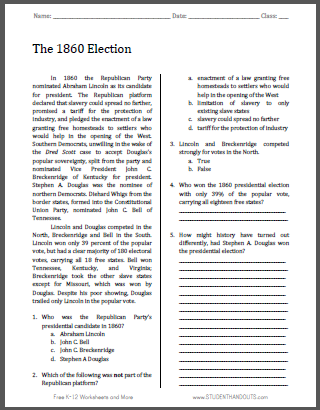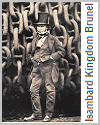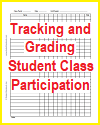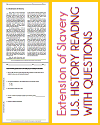| The 1860 Election Reading with Questions |
|---|
| www.studenthandouts.com ↣ American History ↣ American History Readings |
 In 1860 the Republican Party nominated Abraham Lincoln as its candidate for president. The Republican platform declared that slavery could spread no farther, promised a tariff for the protection of industry, and pledged the enactment of a law granting free homesteads to settlers who would help in the opening of the West. Southern Democrats, unwilling in the wake of the Dred Scott case to accept Douglas's popular sovereignty, split from the party and nominated Vice President John C. Breckenridge of Kentucky for president. Stephen A. Douglas was the nominee of northern Democrats. Diehard Whigs from the border states, formed into the Constitutional Union Party, nominated John C. Bell of Tennessee.
In 1860 the Republican Party nominated Abraham Lincoln as its candidate for president. The Republican platform declared that slavery could spread no farther, promised a tariff for the protection of industry, and pledged the enactment of a law granting free homesteads to settlers who would help in the opening of the West. Southern Democrats, unwilling in the wake of the Dred Scott case to accept Douglas's popular sovereignty, split from the party and nominated Vice President John C. Breckenridge of Kentucky for president. Stephen A. Douglas was the nominee of northern Democrats. Diehard Whigs from the border states, formed into the Constitutional Union Party, nominated John C. Bell of Tennessee.Lincoln and Douglas competed in the North, Breckenridge and Bell in the South. Lincoln won only 39 percent of the popular vote, but had a clear majority of 180 electoral votes, carrying all 18 free states. Bell won Tennessee, Kentucky, and Virginia; Breckenridge took the other slave states except for Missouri, which was won by Douglas. Despite his poor showing, Douglas trailed only Lincoln in the popular vote. Questions with answers in bold: 1. Who was the Republican Party's presidential candidate in 1860? a. Abraham Lincoln b. John C. Bell c. John C. Breckenridge d. Stephen A. Douglas 2. Which of the following was not part of the Republican platform? a. enactment of a law granting free homesteads to settlers who would help in the opening of the West b. limitation of slavery to only existing slave states c. slavery could spread no farther d. tariff for the protection of industry 3. Lincoln and Breckenridge competed strongly for votes in the North. a. True b. False 4. Who won the 1860 presidential election with only 39% of the popular vote, carrying all eighteen free states? Abraham Lincoln 5. How might history have turned out differently, had Stephen A. Douglas won the presidential election? Answers will vary. Click here to print. |
 |  |  |  |  |  |
| www.studenthandouts.com ↣ American History ↣ American History Readings |








